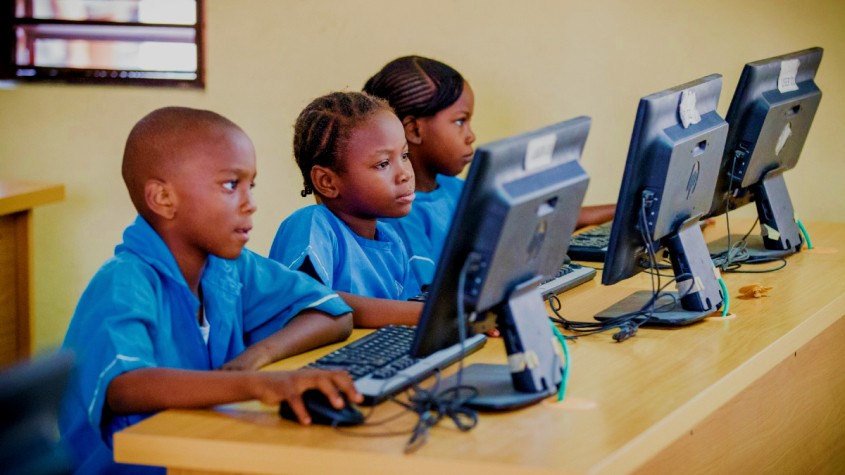Incorporating gamification elements into educational technology has proven to be a highly effective strategy for boosting student engagement and enhancing learning outcomes. This article explores the role of data-driven insights in shaping gamified educational experiences, outlining best practices for successful implementation and examining measurable results.
Understanding Gamification in Education
Gamification involves applying game-design elements to non-game contexts. In educational settings, this can include:
- Points and achievement systems
- Progress bars and level progression
- Competitive and collaborative challenges
- Immediate feedback loops
- Narrative elements and role-playing
- Customizable learning paths
- Virtual rewards and badges
Research shows that gamified learning can lead to a marked increase in student engagement, including higher rates of voluntary participation, improved homework completion, 35% better retention in online courses, and a 50% rise in student-led discussions in virtual classrooms.
Key Success Factors in Educational Gamification
- Personalized Learning Through Analytics
Personalization is central to successful gamification. Modern educational platforms leverage learning analytics to create tailored experiences that adapt to each student’s unique learning path. By continuously collecting and analyzing data on student interactions, learning patterns, and achievement, these systems maintain engagement while maximizing learning outcomes.Real-time difficulty adjustment is a key element. Advanced algorithms modify challenge levels based on student performance, ensuring a balance between challenge and ability. If a student excels, the system gradually increases complexity to encourage growth, while those struggling receive extra resources and support to prevent frustration.Recommendation engines further sustain student interest by analyzing behavior patterns and performance, suggesting appropriate challenges and activities that align with their skills and goals. This targeted approach helps maintain motivation and prevents content from becoming either too difficult or too easy.
- Integrating Social Learning
Incorporating social elements into gamified learning can significantly boost student engagement and achievement. Collaborative learning experiences enhance both immediate performance and long-term retention. When students work together on gamified tasks, they develop social and collaborative skills, gain diverse perspectives, and benefit from shared knowledge.Studies have demonstrated that peer collaboration in problem-solving can improve success rates by up to 48% compared to solo work. These interactions naturally foster peer-to-peer teaching and learning, allowing students to support one another while deepening their own understanding. - Meaningful Progress Tracking
Effective gamification relies on meaningful progress tracking tools that go beyond simple point accumulation. These systems provide a detailed framework linking effort, achievement, and learning outcomes. By tracking their progress, students gain a clearer understanding of their current status and how their actions connect to broader learning goals.Meaningful progress is anchored by clear learning objectives linked to game elements, helping students see the educational value of each task. Transparency in how game activities drive learning helps sustain motivation and focus.Modern gamification systems use advanced visualization techniques to illustrate progress and highlight the connections between different skill areas. This allows students to celebrate achievements while identifying areas for growth.
Multiple pathways to success accommodate diverse learning styles and preferences, allowing each student to demonstrate competence in ways that resonate with them. Frequent milestone celebrations provide recognition of significant learning milestones, enhancing motivation while emphasizing the joy of learning.
Data-driven progress tracking tools also allow teachers to identify potential issues early, offering timely support or challenges tailored to each student’s needs.





![BBNaija: I Can't Imagine Life Here Without You - Bella Tells Sheggz [VIDEO] BBNaija: I Can't Imagine Life Here Without You - Bella Tells Sheggz [VIDEO]](https://talkglitz.media/wp-content/uploads/2022/09/Bella-Sheggz-..-150x150.jpeg)
Comments are closed.